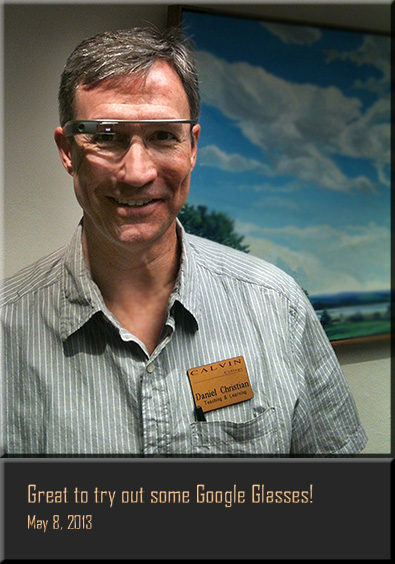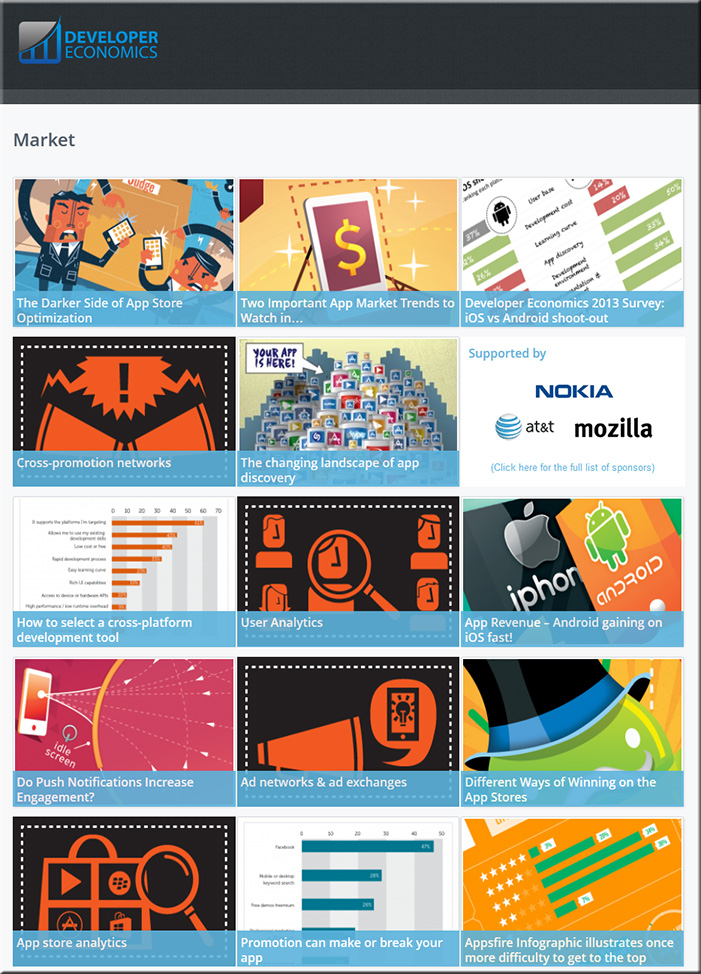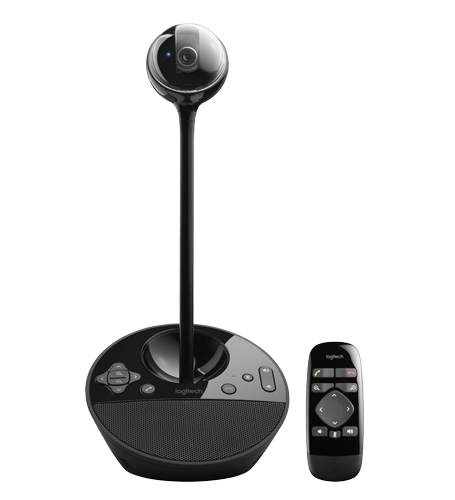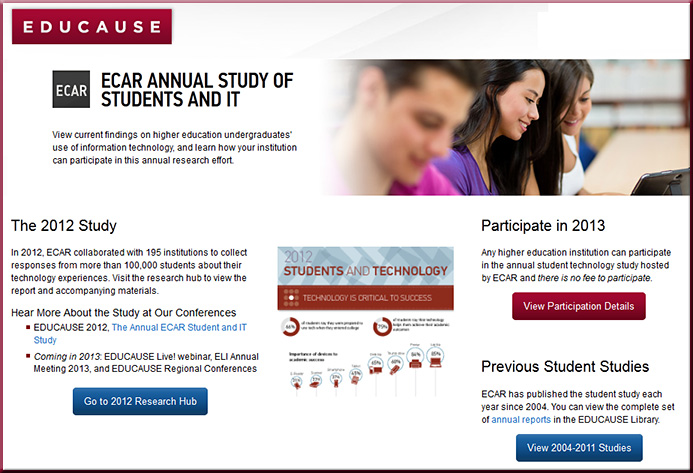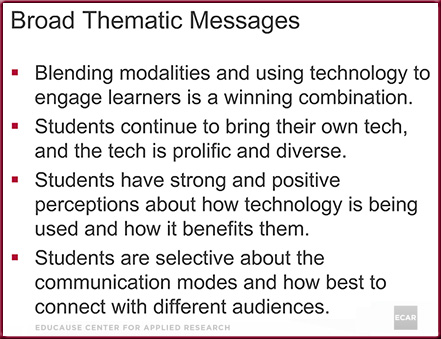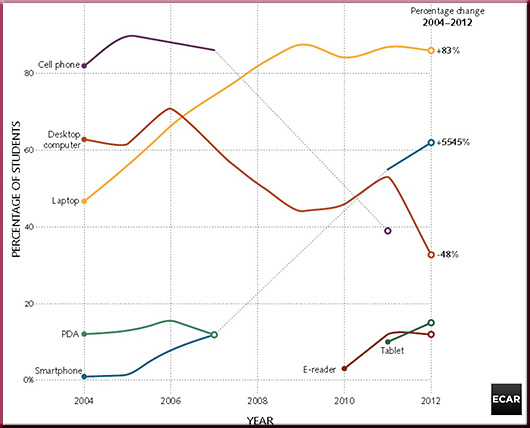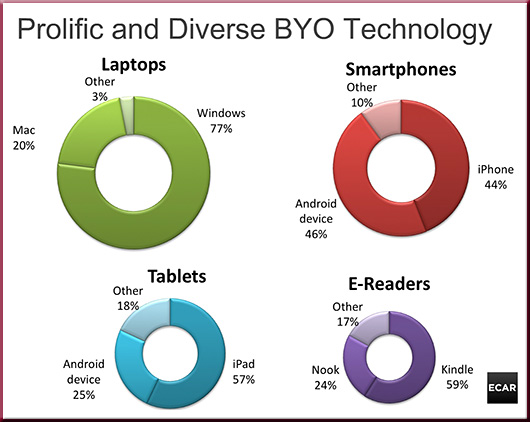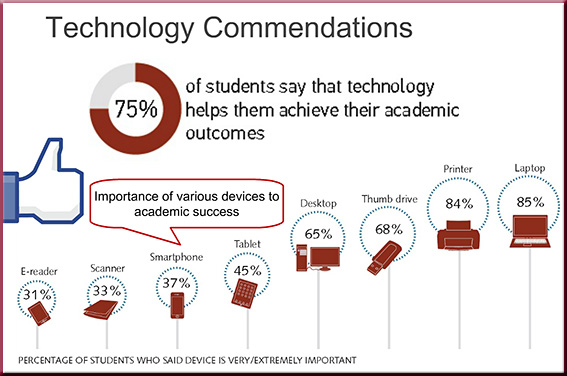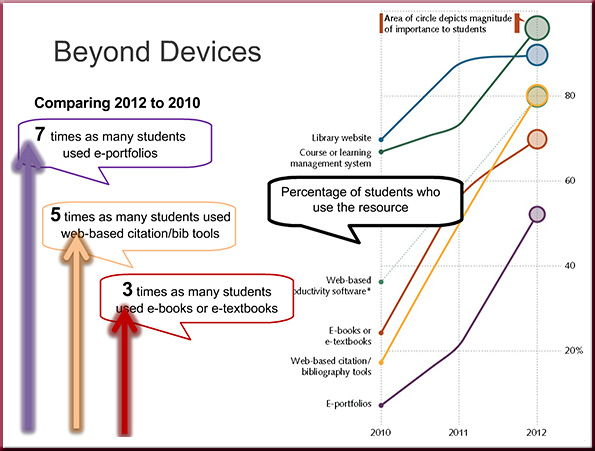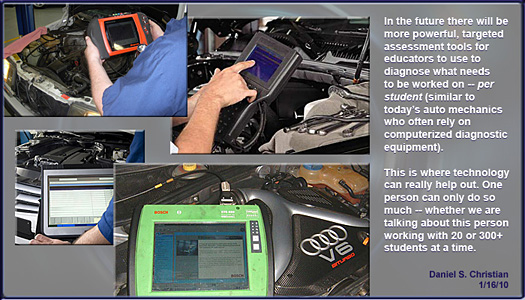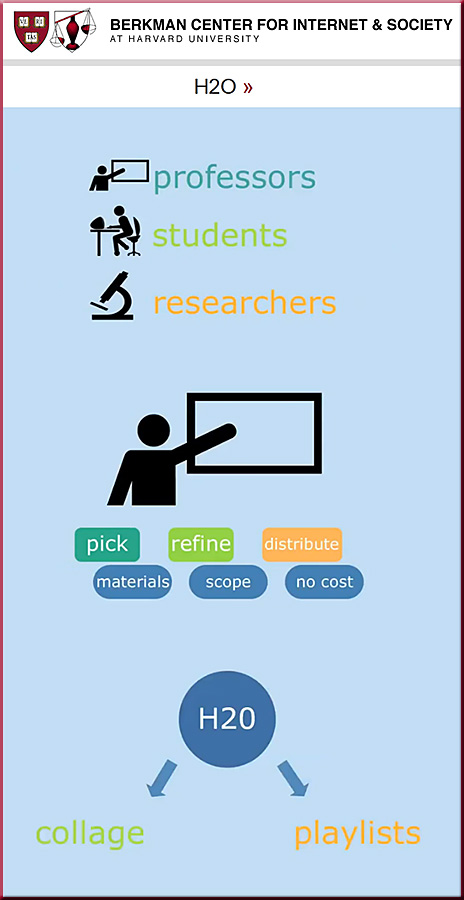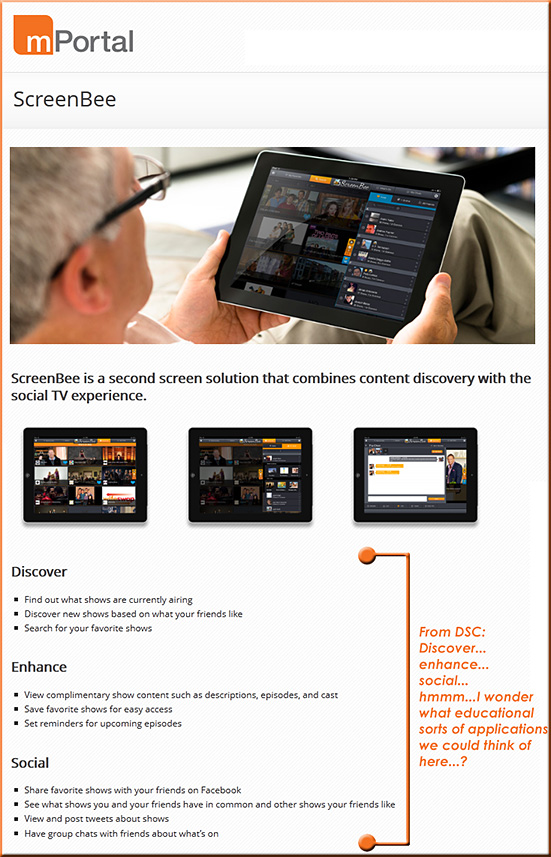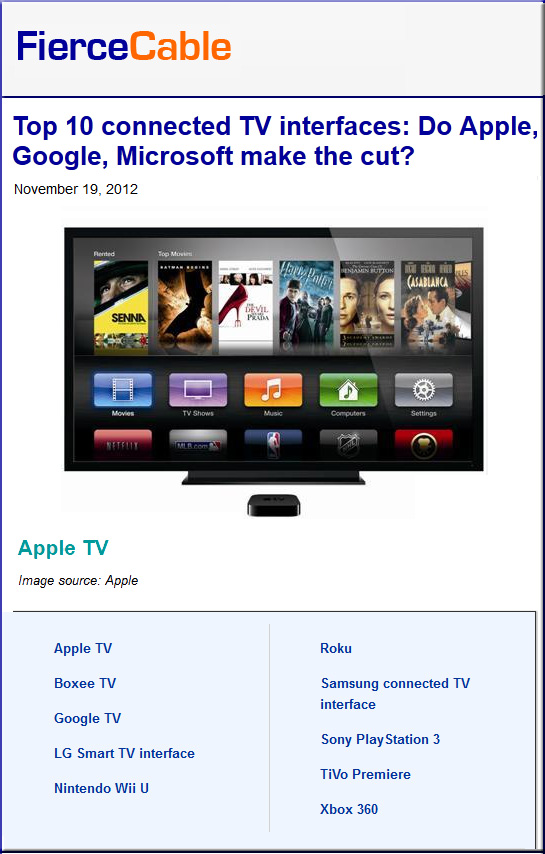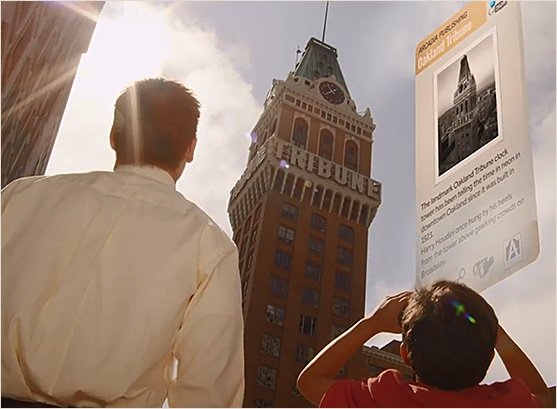Nuance: Virtual Assistants will work across platforms within two years (video) — from allthingsd.com by Ina Fried
Excerpt:
Siri is good at predicting the weather on your iPhone. And Google Now can tell you a few interesting things.
But within two years, virtual assistants will be able to do a wide range of tasks from handling all types of media to making reservations to offering full control of devices. More importantly, they will work across tablets, televisions and phones.
“I think we will see virtual assistants within two years that are quite robust,” Nuance CEO Paul Ricci said, speaking at D11. “I also believe that within two years we will see that virtual assistants will work across platforms.”









